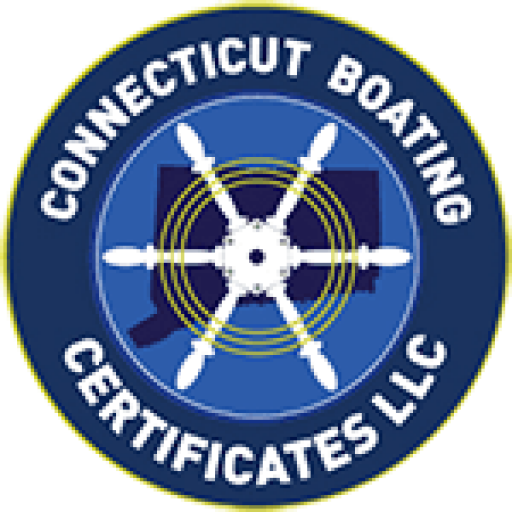Call: 1-800-832-7191
Boating Fuel Log Example
Why You Need a Boating Fuel Log Example Boating Fuel Log Example templates help boaters track fuel usage, trip details, and engine performance over time. Because fuel costs fluctuate and range matters, maintaining a log improves budgeting and trip planning. Recording fuel data also supports maintenance schedules and helps identify efficiency issues. Boaters who log fuel consistently gain insights into gallons …
